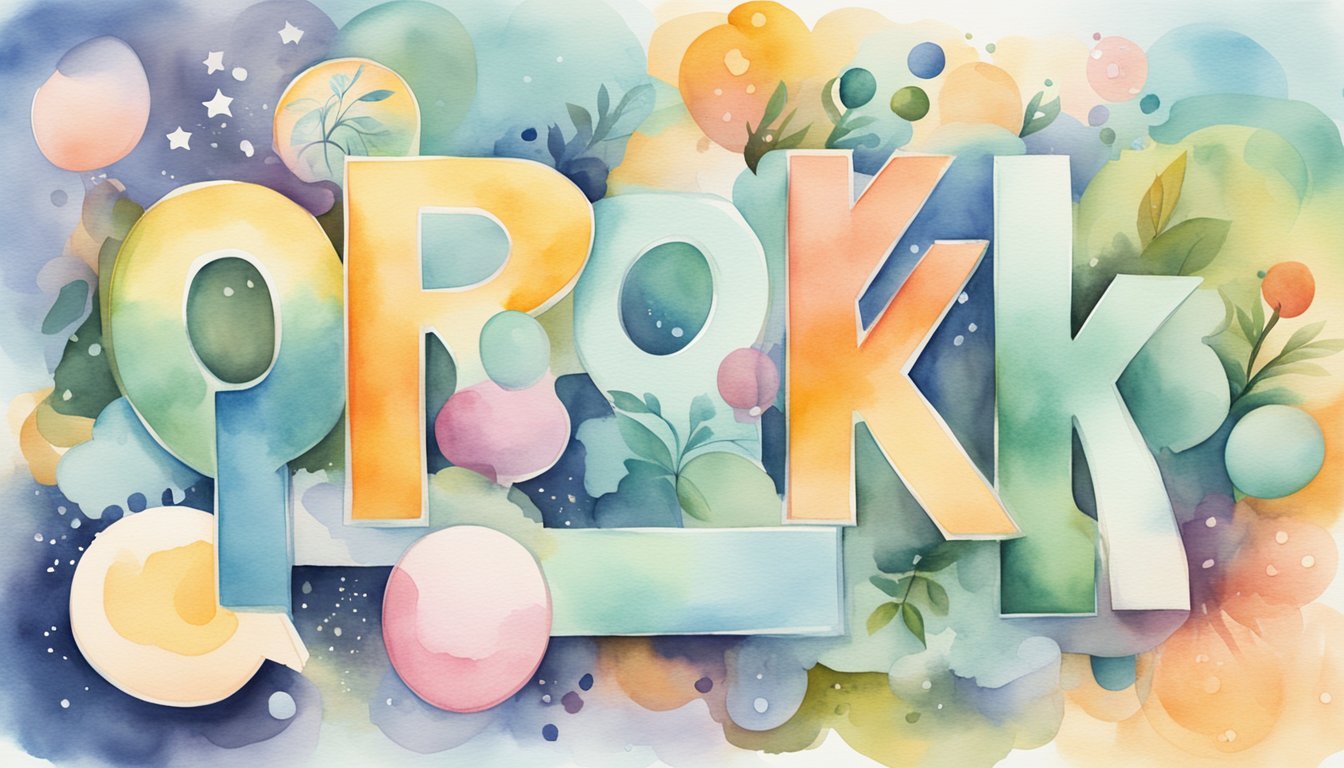Origins and Evolution of ‘OK’
The term ‘OK‘ has a rich history, transforming from a whimsical abbreviation to a universally recognized affirmation. Its roots reach back into American history, and its etymological journey is as fascinating as the word is versatile.
Etymological Theories
One popular theory suggests that ‘OK’ originated from an abbreviation for “oll korrect,” a playful misspelling of “all correct.” This appeared in a Boston Morning Post article in 1839, and may have embodied the era’s love for humorous abbreviations. The connection to President Martin Van Buren, whose re-election campaign used “OK” in relation to his nickname, “Old Kinderhook,” from his hometown in New York, also contributed to the term’s popularity. Other theories propose links to expressions in Native American Choctaw or even West African languages, but these lack strong textual evidence from the period.
Expansion in Usage Over Time
Following the 1839 appearance, ‘OK’ began to see expanded use in different contexts. From its start in newspaper editorials, it spread to political campaigns, such as the “O.K. Club” formed to support Andrew Jackson, and subsequently moved into everyday language. Originally a part of American English, its utility was quick to land it a role in many English variations.
Global Adoption and Variations
The global spread of ‘OK’ further cemented its place in languages around the world. With English being a dominant language internationally, ‘OK’ crossed linguistic barriers, evolving into a global term understood broadly as an expression of agreement or adequacy. Variations of pronunciation and spelling occur in countless languages, but the fundamental concept of ‘OK’ remains widely familiar. The word’s prominent status is attested by Allan Metcalf in his book, “OK: The Improbable Story of America’s Greatest Word,” based on the thorough research by lexicographer Allen Read.
Modern Usage and Linguistic Impact

The term “OK” has evolved significantly, touching various linguistic facets and permeating different levels of communication. It now holds a place not just as a versatile affirmation but also as a linguistic marker of cultural identity and global interconnectedness.
Grammatical Function and Variants
“OK” functions as a noun, adjective, adverb, and verb, adapting to numerous grammatical roles. As a verb, it implies endorsement or approval; as an adjective, it indicates that something is satisfactory or acceptable. The term has spawned variations such as “okay,” with historians tracing its origins to a humorous misspelling of “all correct” as “oll korrect.” Other language aids in understanding its flexibility with a plethora of synonyms such as “adequate,” “agree,” and “affirmative,” which enrich the language’s descriptive palette.
Cultural Significance and Representations
Culturally, “OK” is a linguistic phenomenon, embodying a mix of humor and the laid-back ethos of American English speakers. It is comparable to expressions like “meh” or “A-OK” which reflect a spectrum of agreement and acknowledgement. The acceptance of “OK” has led to its use in various forms of media and has even been adopted into other languages as a loanword. Its usage extends to acknowledging a statement without expressing strong acknowledgment or doubt. From German to Greek, and Scots to Wolof, “OK” demonstrates the global exchange of linguistic elements.
Influence on Language and Communication
Linguists like Allen Walker Read and etymologists study “OK” to understand its etymology and its widespread adoption in English-speaking regions like North America and Europe. It also reflects the influence of technology on language, with “OK” being an early example popularized through the telegraph as a quick acknowledgment signal. The term’s brevity suits the needs of texting and social media platforms, proving to be both linguistically efficient and culturally resonant. By providing a neutral form of confirmation and acceptance, “OK” enriches global communication between English speakers and beyond.
Discover more about the fascinating journey of “OK” from its humorous beginnings to a global affirmation, by exploring its Grammatical Function and Variants, its Cultural Significance and Representations, and its Influence on Language and Communication.

